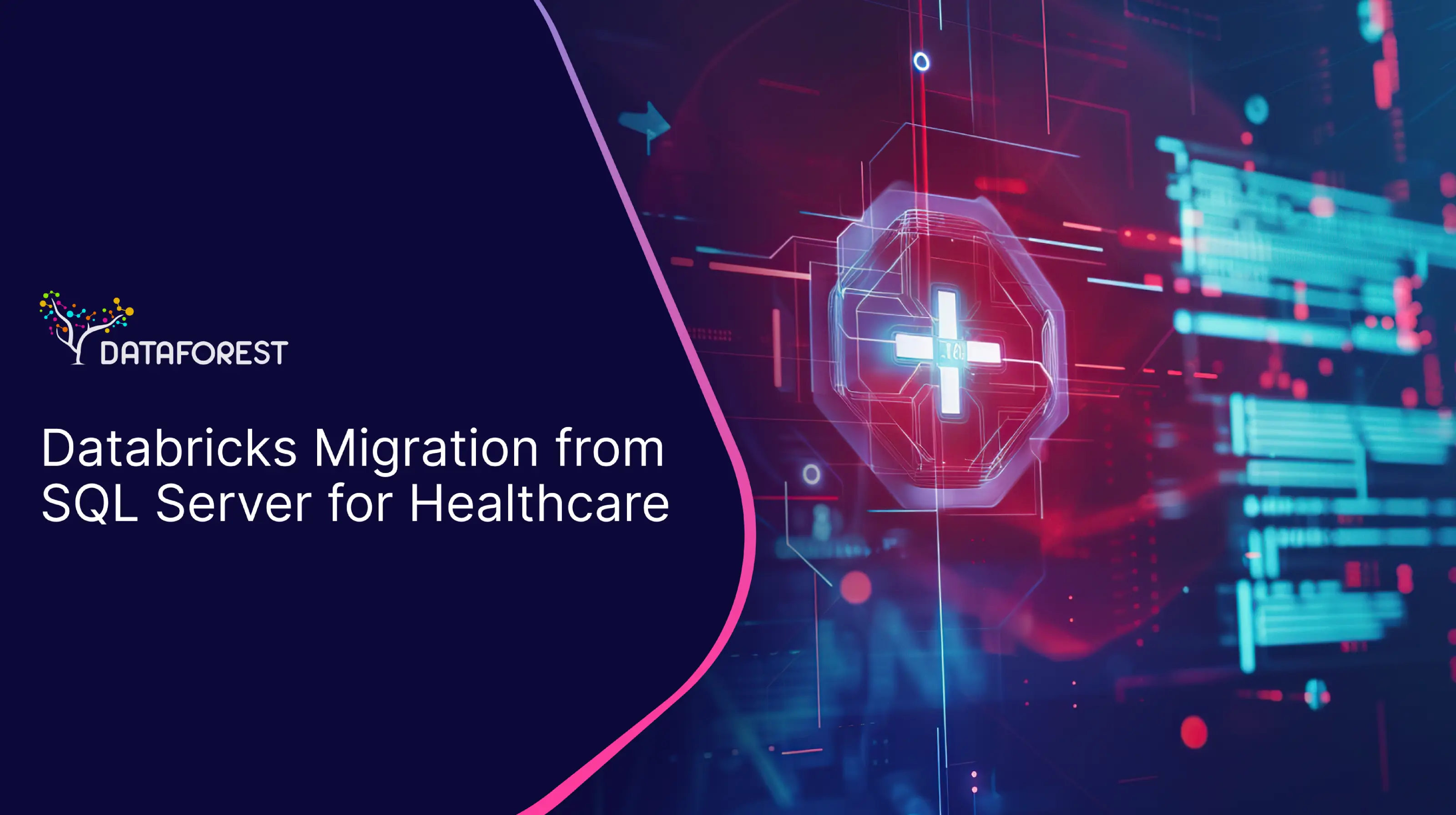Share
Table of contents:
Apache Flink is an open-source stream processing framework designed for distributed, high-performance data processing. It is particularly well-suited for use cases that require real-time analytics, complex event processing, and batch processing within a unified programming model. Flink provides a rich set of functionalities that allow users to process large volumes of data in a fault-tolerant and scalable manner.
Key Characteristics
Stream and Batch Processing
Flink distinguishes itself by offering a unified stream and batch processing model. This means that it can handle continuous data streams as well as bounded datasets without requiring separate frameworks or processing systems. In stream processing, Flink allows for the analysis of data in motion, which is ideal for applications that need immediate insights, such as fraud detection or monitoring of IoT devices. Conversely, batch processing enables the analysis of static datasets, often used for reporting and historical analysis.
High Throughput and Low Latency
One of the fundamental attributes of Flink is its capability to achieve high throughput while maintaining low latency. Flink accomplishes this through its efficient execution engine that leverages data locality and minimizes data shuffling across nodes. This results in quicker processing times, making it suitable for real-time applications where timely insights are crucial.
Fault Tolerance
Flink incorporates a robust fault-tolerance mechanism that allows it to recover from failures without losing data. It employs a snapshot-based approach known as "checkpoints" to periodically save the state of the application. In the event of a failure, Flink can restart from the last successful checkpoint, ensuring that no data is lost and that the application can continue processing seamlessly.
Event Time Processing
Flink provides advanced time handling capabilities, including support for event time processing. This feature allows Flink to handle out-of-order events effectively by assigning timestamps to events as they are processed. By managing event time rather than processing time, Flink ensures accurate results in scenarios where events may arrive late or in a different order than generated.
Rich API Support
Flink offers a rich set of APIs for different programming languages, including Java, Scala, and Python, allowing developers to write applications in their preferred languages. The APIs include support for both high-level abstractions, such as DataStream and DataSet APIs, and low-level APIs for more fine-tuned control over the execution of data processing tasks.
Deployment and Ecosystem
Flink can be deployed in various environments, including on-premises, in the cloud, or within container orchestration systems such as Kubernetes. Its flexible architecture allows it to integrate seamlessly with various data storage systems, message brokers, and processing engines, including Apache Kafka, Apache Hadoop, and relational databases. This adaptability makes Flink a popular choice for organizations looking to build data pipelines that can scale with their needs.
Community and Contributions
Being an Apache project, Flink has a vibrant and active community that contributes to its development and enhancement. Regular updates, feature releases, and community-driven events such as meetups and conferences ensure that Flink remains at the forefront of stream processing technology. This community support provides users with access to a wealth of resources, including documentation, tutorials, and forums for troubleshooting.
In summary, Apache Flink is a powerful and versatile framework for processing data in real-time. Its unique ability to handle both stream and batch processing, combined with high throughput, low latency, and robust fault tolerance, makes it an attractive option for organizations looking to harness the power of big data. With its extensive API support and active community, Flink continues to evolve, meeting the demands of modern data processing challenges across a variety of applications and industries.












